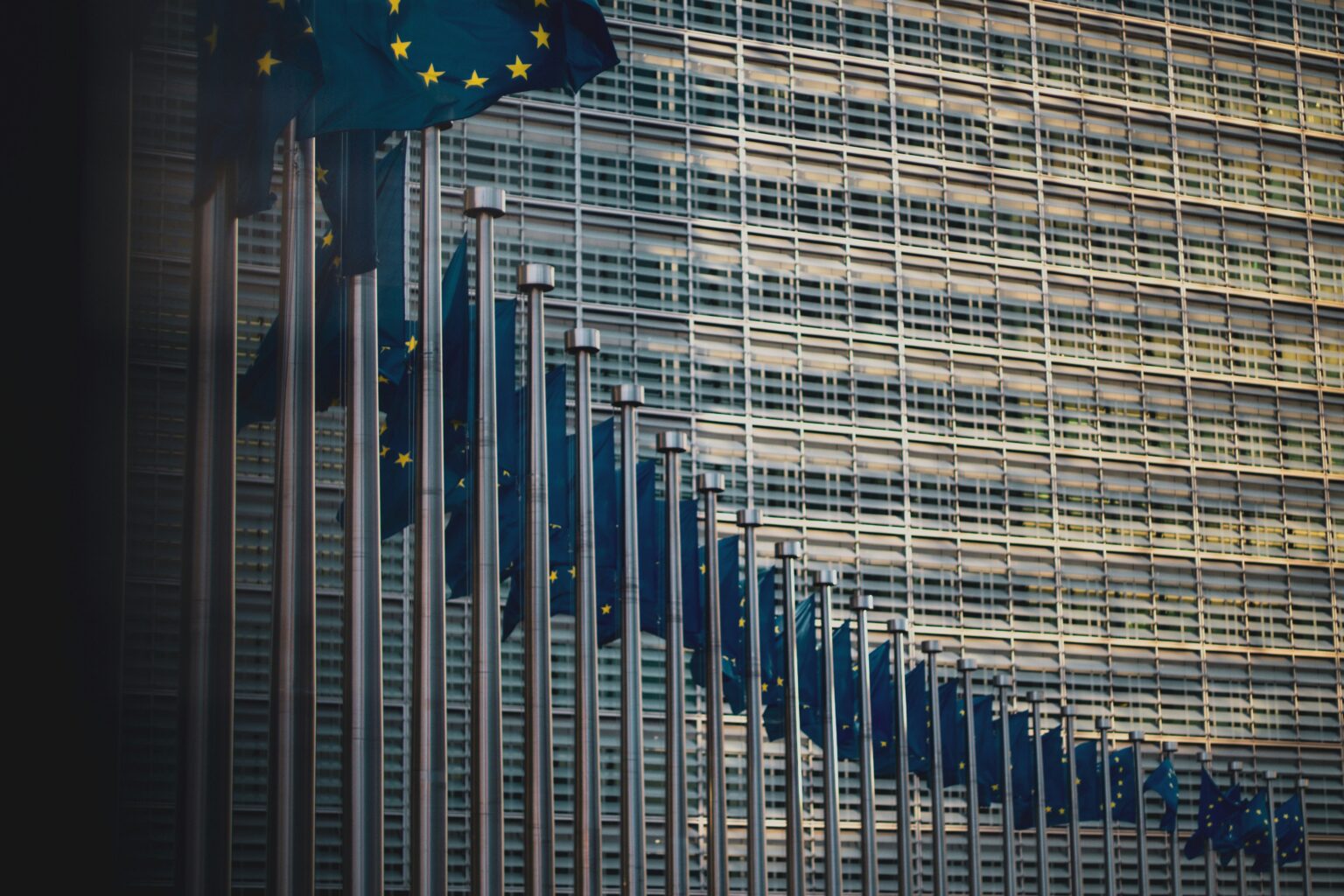The European Union (EU) has pushed back against claims that its new Digital Markets Act (DMA) unfairly targets U.S. tech giants, asserting that the legislation is designed to maintain open digital markets rather than penalize American companies.
In a letter dated March 6, EU antitrust chief Teresa Ribera and tech chief Henna Virkkunnen responded to concerns raised by U.S. House Judiciary Chair Jim Jordan and Representative Scott Fitzgerald, emphasizing that the DMA applies to all companies meeting its criteria, regardless of their country of origin, Reuters reported.
The DMA, which came into force to prevent dominant tech firms from engaging in anti-competitive behavior, defines so-called “gatekeepers”—companies that control key digital services. Ribera and Virkkunnen stressed that the rules apply universally, not just to U.S. firms.
“The DMA does not target U.S. companies,” they wrote in their letter. “It applies to all companies which fulfill the clearly defined criteria for being designated as a gatekeeper in the European Union, irrespective of where they are headquartered.”
The EU officials also rejected accusations that the law stifles innovation, arguing instead that it fosters competition by preventing dominant firms from imposing unfair practices on smaller competitors. “By preventing gatekeepers from engaging in unfair practices vis-à-vis smaller companies, the DMA keeps the door open to the next wave of innovation in vital digital markets,” they said.
Ribera and Virkkunnen pointed to U.S. regulatory actions against Big Tech to illustrate that concerns about monopolistic behavior are not unique to the EU. They highlighted recent U.S. antitrust investigations and lawsuits filed against Alphabet (Google), Amazon, Apple, and Meta Platforms, many of which originated under the first Trump administration.
These cases, they argued, demonstrate that the need to regulate dominant tech firms is widely recognized and not a European initiative aimed at American businesses.
The EU leaders also rejected suggestions that antitrust fines imposed on tech giants function as a hidden tax on U.S. companies. Their comments come after former President Donald Trump threatened tariffs on countries imposing fines on American firms.
“The objective of DMA enforcement, as in any other piece of EU law, is to ensure compliance – not to issue fines,” they wrote. “Possible sanctions, also common to U.S. laws and regulations, are not an end in themselves but a prerequisite for credible engagement.”
